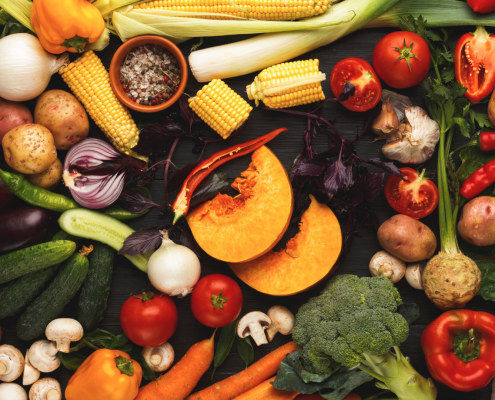A circular food system can withstand crises like COVID-19—and provide delicious meals
Sarah Tranum, The Conversation
There are many hard lessons learned from the pandemic. One is that our food system needs a serious reboot. Luckily, we need only look to nature’s cycles for clues on how to fix it.
In a circular food economy, food waste becomes valuable, affordable healthy food becomes accessible to everyone and innovation uses a regenerative approach to how food is produced, distributed and consumed.
Refocusing our food values
Barbara Swartzentruber, executive director of Guelph’s Smart Cities Office that includes the Our Food Future initiative, says:
“Not only do we not properly value food, we don’t value the people who are integral to getting the food to us—from the farmers who produce the food, to the truck drivers who deliver it, to the cashiers at the supermarkets.”
Working together
Designing a circular economy that is locally rooted, one community at a time, can collectively become an interconnected global circular food system.
It’s possible, and Our Food Future is showing us how it can be done. The important lessons being learned by this initiative can be shared with communities across Canada and beyond to design an equitable, regenerative food system.
> Source: PHYS.ORG



 Credit: Canva @ Adisak Mitrprayoon /CC0 Public Domain
Credit: Canva @ Adisak Mitrprayoon /CC0 Public Domain Credit: Canva @ stevanovicigor /CC0 Public Domain
Credit: Canva @ stevanovicigor /CC0 Public Domain